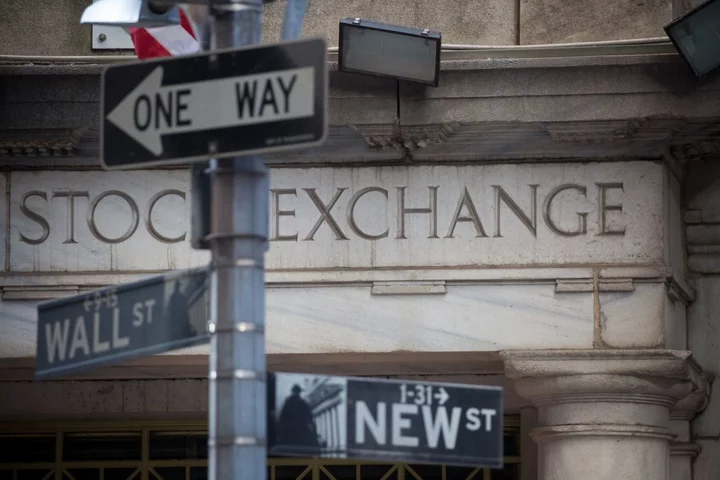LONDON (AP) — The British economy unexpectedly grew in the second quarter of the year largely as a result of a strong rebound in June when many businesses, particularly in the leisure sector benefited from the warm and settled weather, official figures showed Friday.
The Office for National Statistics said the economy expanded by 0.2% in the April to June period, compared with the three-month period. That was higher than the 0.1% recorded in the first quarter and ahead of economists' expectations for no change.
The positive outcome was due to a 0.5% monthly increase in June when pubs and restaurants were buoyed by the hot weather. June in Britain was the warmest on record.
Given that July was one of the wettest ever, there are widespread expectations that those businesses benefiting in June will see a reverse.
Over the past few months, the British economy has proven slightly more resilient than anticipated in the face of rising interest rates, with a widely predicted recession avoided.
Earlier this month, the Bank of England raised its benchmark interest rate to a fresh 15-year high of 5.25% and hinted that it would stay high for some time to bring down persistently high inflation,
However, there are hopes, certainly among hard-pressed households, that the bank will not end up raising its main rate up to 6% as inflation is finally falling back towards the bank's 2% target. Figures for June showed that inflation fell more than anticipated to 7.9%, easing the pressure to act as aggressively again.
Central banks around the world have been raising borrowing costs to combat inflation unleashed by higher energy prices after Russia invaded Ukraine and supply chain backups as the global economy recovered from the coronavirus pandemic.









